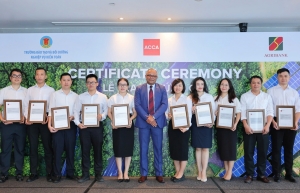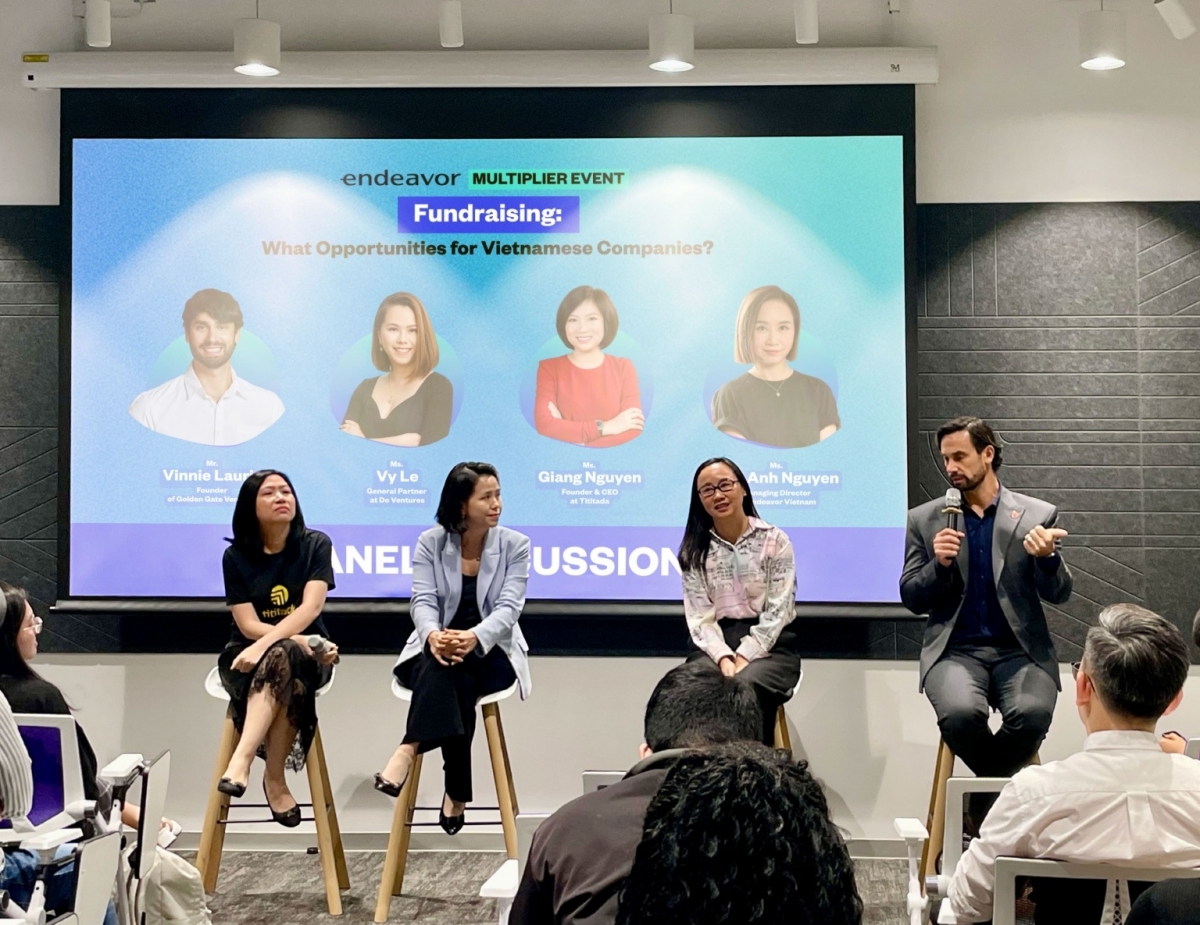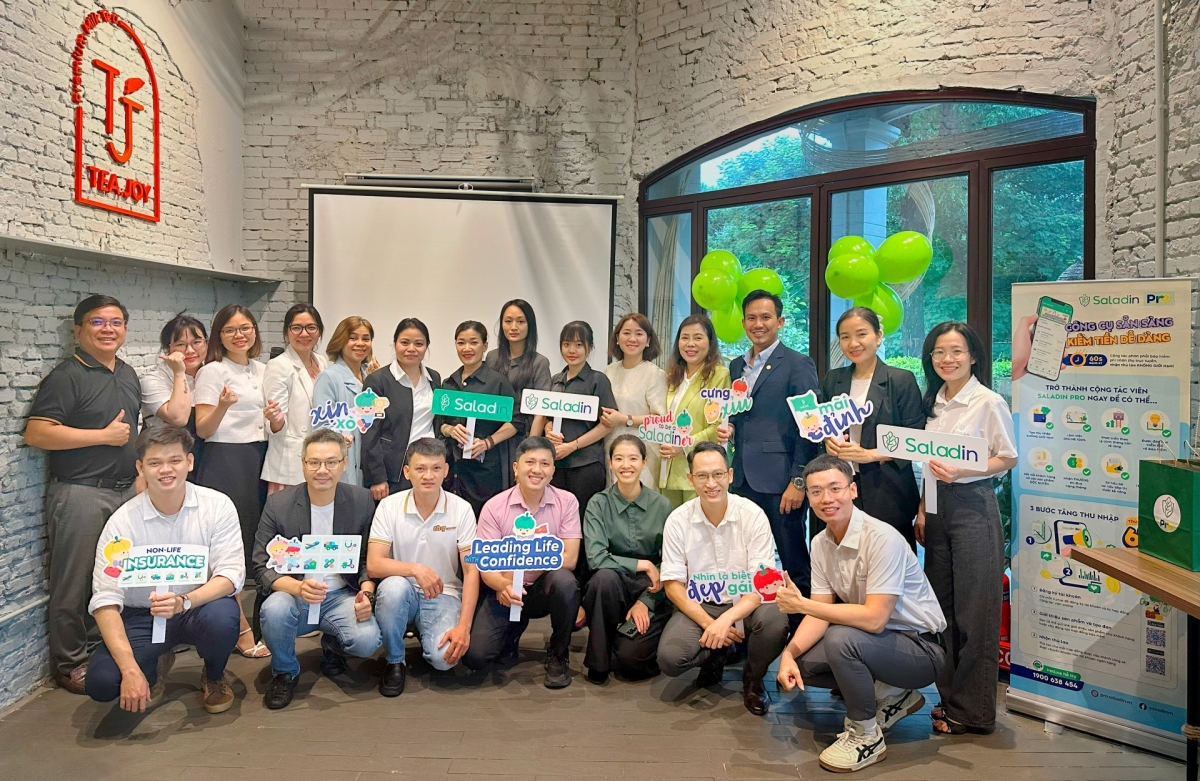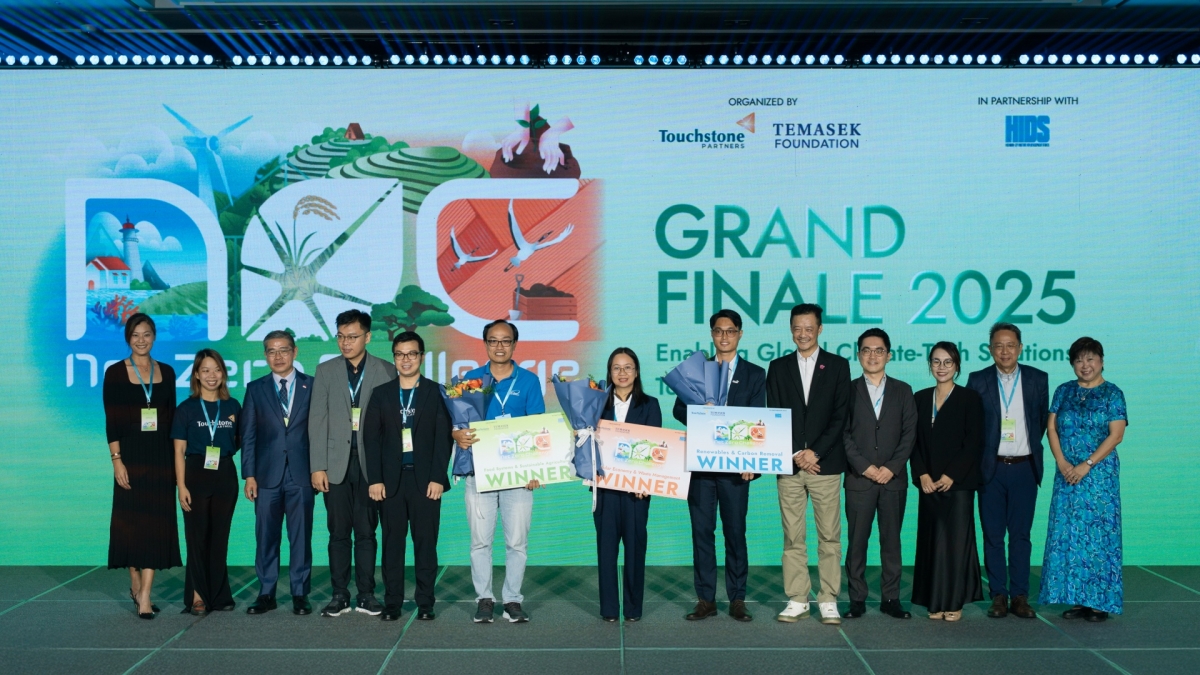INTERNATIONAL INVESTMENT
AND PORTAL
The latest report from the Association of Chartered Certified Accountants points out that accountants can thrive in an AI-dominated workplace, just as they have done in other tech revolutions.
On July 14, the Association of Chartered Certified Accountants (ACCA) published its latest AI Monitor report, exploring how the gradual integration of AI over the comings years is likely to change how accountants work and deliver value, from the automation of repetitive tasks to increased knowledge support for decision-making.
The report highlights that while AI can help make processes more efficient, human intervention needs to be retained at critical junctures. Ultimately, the integration of AI needs to reflect the fact that trust remains a fundamentally social concept built on human interaction, transparency, and oversight. And the future of accounting will involve navigating tensions between efficiency and human judgement, automation and control.
Alistair Brisbourne, head of technology research at ACCA, said, “Professionals who can embrace uncertainty, develop strong judgement skills, and continuously adapt their expertise will thrive even as specific tasks change or become automated.”
“It should be remembered that over the decades, accountancy has prospered by its intelligent and enthusiastic adoption of the latest technology,” he added.
 Alistair Brisbourne, head of technology research at ACCA. Photo: ACCA Vietnam
Alistair Brisbourne, head of technology research at ACCA. Photo: ACCA Vietnam
The report outlines four major work trends that AI is expected to drive within the accounting profession. Routine processing tasks are set to decline as automation becomes more widespread. At the same time, there will be greater emphasis on strategic and advisory decision-making, positioning accountants as key contributors to business direction.
Mid-level roles are expected to evolve, incorporating more professional judgement and direct client engagement. In addition, new responsibilities will emerge at the intersection of accounting, technology, and strategy, demanding a more integrated and forward-thinking skillset.
The AI Monitor report emphasises that the future that is unfolding is not one where finance and accounting professionals are replaced, but one where their responsibilities will change. Success in this transition depends on making clear assessments of where AI will add value, establishing clear policies and governance in use, and the cultivation of skills that complement technical capabilities.
ACCA expects the coming years will see organisations develop more integrated workflows based on the principle that AI adoption is not just about distinguishing high versus low-value activities but focusing on outcomes, quality, and value.
“Only a minority of finance and accounting teams have implemented AI solutions, but these resources are widely available, and organisations are reviewing opportunities and workforce needs,” said Brisbourne. “AI adoption is expected to accelerate in the coming years, especially as our data shows investment in AI initiatives is increasing, and widespread cloud adoption provides a crucial foundation for AI implementation.”
 ACCA expects the adoption of AI in the accounting and finance profession to accelerate in the near future. Photo: ACCA Vietnam
ACCA expects the adoption of AI in the accounting and finance profession to accelerate in the near future. Photo: ACCA Vietnam
ACCA shared that as AI becomes more commonplace, new responsibilities and tasks will emerge for finance teams as they focus on improving controls and specifying the desired information outcomes from machine use.
New roles are also expected to support activities ensuring AI systems remain accurate and compliant with professional standards and regulations.
The report also adds that widescale use of a general-purpose technology, like AI, may take longer than anticipated.
“The profession is still in the invention and adoption stage of AI, as demonstrated by investment data and current adoption/usage statistics. And the profession is embracing the learning and employment challenge offered by AI as shown by the recently announced changes to the ACCA Qualification, which embraces emerging advances in technology and sustainability,” stated ACCA.
 ACCA revamps training for digital and sustainable era
ACCA revamps training for digital and sustainable era
The Association of Chartered Certified Accountants (ACCA) has announced a significant redesign of its globally recognised ACCA Qualification, aligning with the expanding role of accountants amid rapid digital transformation and the growing emphasis on sustainability and ethics across both public and private sectors.
 Embedding international standards into Vietnam’s financial and banking workforce
Embedding international standards into Vietnam’s financial and banking workforce
Agribank employees have attended three training courses on international financial reporting standards (IFRS), sustainable finance, and digital finance this year.
 Exciting finance career opportunities at ACCA Virtual Careers Fair
Exciting finance career opportunities at ACCA Virtual Careers Fair
As demand for qualified finance professionals intensifies across Asia-Pacific, the Association of Chartered Certified Accountants (ACCA) will host its flagship Asia-Pacific Virtual Careers Fair (APAC VCF) 2025 on July 16, offering a fully digital platform to connect talent with leading employers in the region.
By Hazy Tran



















